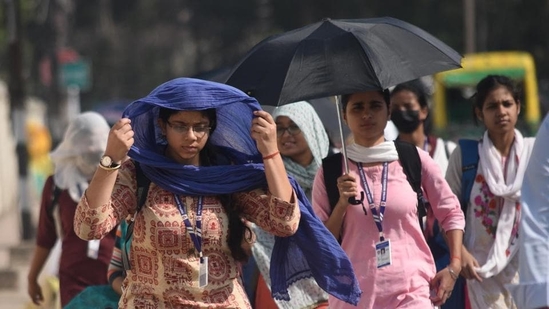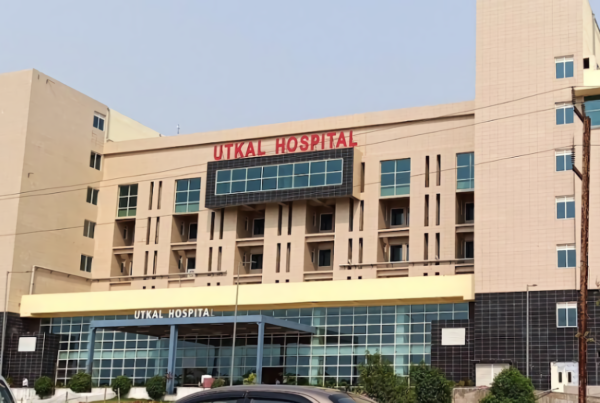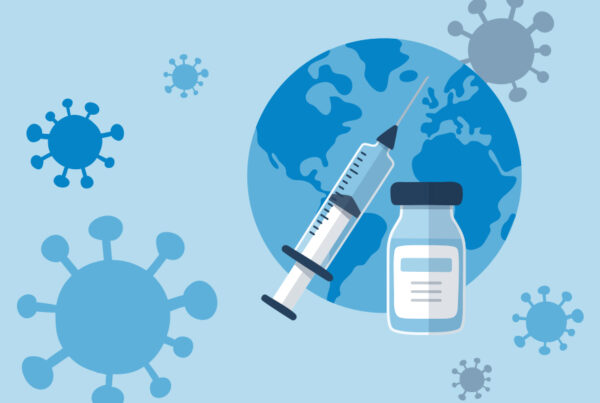Bhubaneswar, April 27— As the severe heat wave continues to sweep across Odisha, state health authorities have confirmed that while dozens of people have been hospitalized for heat-related illnesses, no official deaths due to sunstroke have been reported so far.
Public Health Director Dr. Nilakantha Mishra addressed concerns on Wednesday, clarifying that 66 individuals have been treated for heat-related conditions across various medical facilities in the state as of the previous day. However, he emphasized that there are no confirmed fatalities caused by sunstroke.
This statement follows the case of a reported death in Titilagarh, initially believed to be the result of sunstroke. A joint investigation later confirmed the cause as a heart stroke, not related to the extreme heat conditions. “We are prepared, but people must follow the guidelines strictly to avoid serious health consequences,” Mishra stated, urging the public to remain cautious.
Heat Wave Response Measures in Full Swing
With temperatures soaring and more districts falling under red alert, the Odisha government has escalated its response to prevent heat-related health emergencies. Authorities have advised residents to avoid outdoor activities during the peak heat hours of 11 AM to 3 PM. Those who must venture outside are encouraged to carry umbrellas, wear light-colored clothing, and stay hydrated.
All educational institutions across the state have been temporarily closed as a preventive step. In addition, extensive public awareness campaigns are underway to educate citizens on recognizing symptoms of sunstroke and adopting preventive measures. Special attention is being given to vulnerable populations such as children, the elderly, and individuals with chronic health issues.
Healthcare System Mobilized
To strengthen the state’s medical readiness, dedicated treatment facilities for sunstroke cases have been established at various levels of the healthcare infrastructure:
- District-level hospitals: 6 dedicated heatstroke beds
- Sub-divisional hospitals: 4 beds
- Community Health Centers (CHCs): 2 beds
- Primary Health Centers (PHCs): 1 bed
Medical personnel across the state are undergoing specialized training to diagnose and manage sunstroke effectively. Emergency medical services have also been reinforced to ensure rapid response to critical cases.
Government Remains Vigilant
The Odisha Health Department continues to monitor the situation closely and is prepared to implement additional measures if necessary. Dr. Mishra reiterated the importance of public cooperation in navigating the crisis: “While the situation is under control, community awareness and compliance with health advisories are vital in preventing a larger public health emergency.”
As forecasts predict continued high temperatures in the coming days, the government remains on high alert, prioritizing both preparedness and public safety in its ongoing response to the heat wave.



